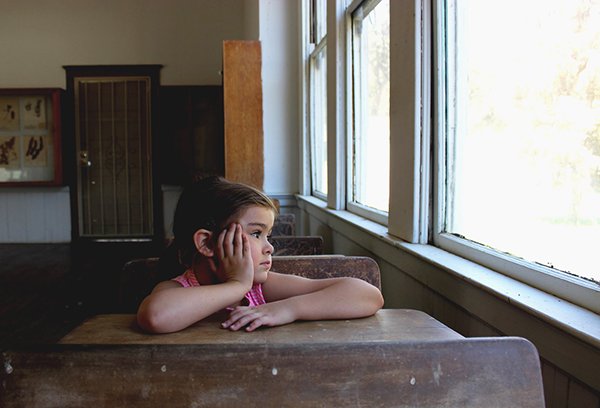A vital process of joint legal custody is deciding where to send your child for school or church as joint custody parents. If you and your ex-spouse agree what school your child should attend, you can simply enroll the child in the agreed upon school without any involvement from the court. But, If you and your ex-spouse cannot agree on which school to enroll your child, you can try mediation to help you decide. In mediation cases where you cannot reach an agreement about the school, you will have to consult with the court.
How Joint Custody Parents Decide Where to Send Their Child for School or Church
School
Several cases have wrestled with the issue of what rights are shared by co-parents concerning what school to send children. In Madison v. Davis, the court addressed for the first time the rights of divorced parents when their child enters pre-school. The Madison case involved the rights of co-parents over their pre-school aged child.
The father in the case argued that under Beck v. Beck, a case supporting non-custodial parent’s right to make decisions regarding the child’s well being. Meanwhile, the father in the case argued that under Pascale v. Pascale, the parent of primary residence holds more authority in making decisions regarding the child. The Madison v. Davis ultimately ruled that when pre-school is being used as daycare, the primary residential parent has the initial right to select a pre-school program. The parent, however, must make a “reasonable” choice that factors in considerations like location and cost.
While some parents might think that choosing where a child attends pre-school is a small issue, there is a strong possibility that the court will want to keep your child in the same location as kindergarten to inspire stability.
Church
There are multiple methods used to decide where to send your children to attend religious services. Courts often attempt to balance competing parental concerns about the child’s religious upbringing. While courts must protect an individual parent’s right to the free exercise of religion, courts must also ensure that the best interests of the child are protected.
The Supreme Court has not yet articulated its opinion on religious upbringing and shared custody. With no uniform national law in place, states apply a variety of legal tests. The three most common tests applied by state courts are: (1) whether restricting a parent’s religious practices will cause “actual or substantial” harm to the child, (2) if restricting a parent’s religious practices “might harm” the child in the future, and (3) if the custodial parent objects to the noncustodial parent’s religious activities.
When parents of minor children divorce, custody becomes a major issue. A move-away trial is one of the most difficult aspects of custodial law. While going through this process, it is critical to have the assistance of an experienced family law attorney. Jane Wesley Brooks, CFLS, at JWB Family Law can provide this assistance. For a consultation, please call all us today (619) 234-6123.







